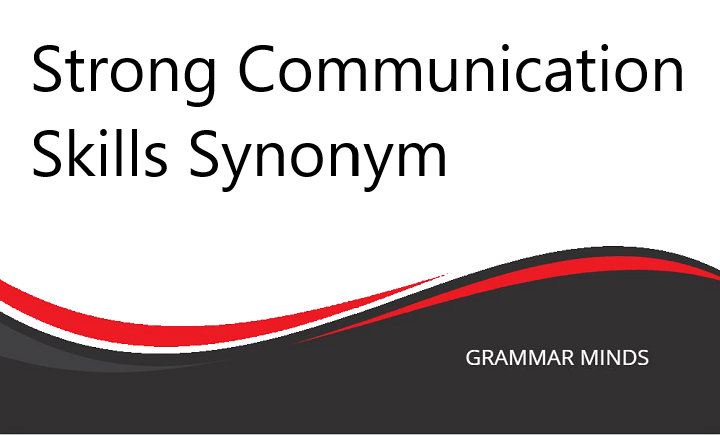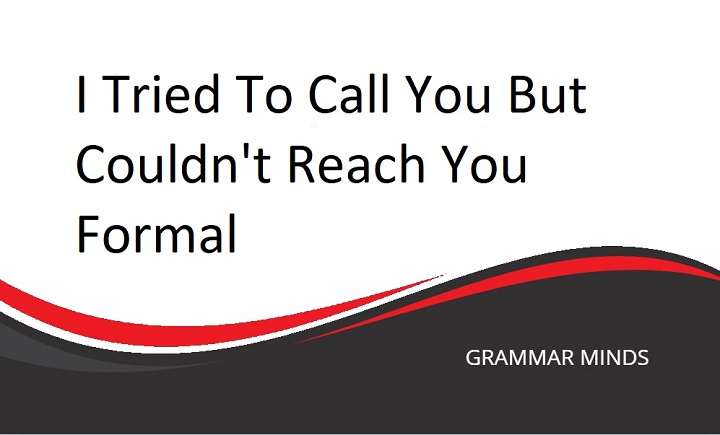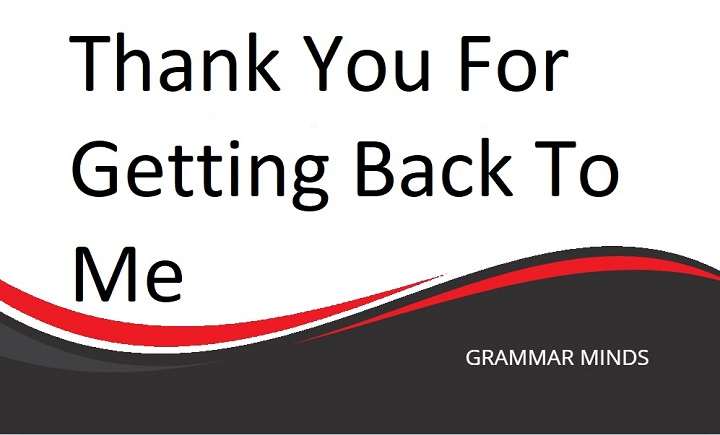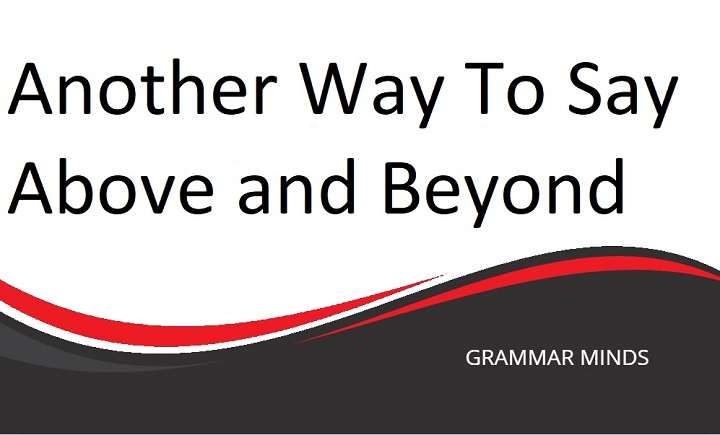In today’s fast-paced world, we often find ourselves juggling numerous tasks and responsibilities, and sometimes, missing a call is inevitable. When this happens, a common phrase most of us tend to use is, “Sorry I missed your call.” While it’s a perfectly polite way to acknowledge a missed call, using the same expression repeatedly can feel monotonous, especially in both personal and professional contexts.
Do you find yourself using the phrase “Sorry I missed your call” frequently? Have you grown tired of this repetitive expression when communicating with colleagues, friends, or family?
If so, don’t worry! We’ve compiled a handy list of alternative phrases that you can use to mix things up and sound more varied in your conversations.
Other Ways to Say “Sorry I Missed Your Call”
Apologies for missing your call
This is a polite, formal alternative that works well in professional contexts. It’s a great phrase for emails, business meetings, or even voicemail responses when you’re addressing someone in a work environment.
I wasn’t able to take your call
A more neutral and straightforward phrase, this can be used in both personal and formal settings. It removes the emphasis from apologizing and focuses on the fact that you weren’t available at that moment.
I’m sorry I couldn’t answer your call
This phrase is another formal option and implies regret without sounding overly apologetic. It is ideal when you want to maintain professionalism while also acknowledging that you missed an important communication.
I missed your call, let’s catch up soon
This phrase adds a friendly tone to your response, making it ideal for informal conversations with friends, family, or colleagues with whom you have a more personal relationship.
My apologies for not answering earlier
A formal phrase that shows acknowledgment and professionalism, this is especially suited for workplace emails or official communications where timing is critical.
Sorry I wasn’t available to take your call
A versatile and polite alternative, this phrase works well in formal and informal situations. It’s a slightly more polished version of “Sorry I missed your call” and maintains a sense of professionalism.
I regret missing your call, I was caught up
If you need to sound particularly formal or express regret in a business setting, this phrase works well. It communicates sincerity while maintaining a professional tone.
Apologies, I was unavailable when you called
Another formal option that emphasizes your unavailability without being overly personal. It’s a good choice for professional environments, especially when communicating with clients or colleagues.
I missed your call, can we reschedule?
This phrase works well when you want to move the conversation forward and suggest a new time to talk. It’s a simple and effective response for both personal and professional scenarios.
I didn’t catch your call, let’s reconnect when you’re free
This is an informal alternative that works well in casual conversations with friends, family, or coworkers you know well. It adds a friendly, easy-going tone to your message.
Key Notes
“Sorry I missed your call” is grammatically correct and suitable for both formal and informal situations. However, it can sometimes feel a bit basic, especially when used repeatedly.
- You can use “Apologies for missing your call” for formal situations, especially in emails or business conversations.
- “I wasn’t able to take your call” is a great informal alternative for more casual conversations or texts.
Keep reading to discover how to use these phrases in both formal and informal situations and see real-life examples of how they can be applied.
Apologies for missing your call
Usage:
If you’re looking for a more formal way to say “Sorry I missed your call,” try using “Apologies for missing your call.” This alternative adds a touch of sophistication, making it ideal for professional environments such as emails or meetings.
Example (in an email):
Dear Mr. Smith,
Thank you for your inquiry. I appreciate your patience and look forward to discussing this further.
Apologies for missing your call earlier today.
Best regards,
John Doe
I wasn’t able to take your call
Usage:
A more neutral alternative to “Sorry I missed your call” is “I wasn’t able to take your call.” This phrase works well in both formal and informal settings where you want to explain your unavailability without over-apologizing.
Example (in conversation):
Hey Sarah,
Thanks for your help today! I wasn’t able to take your call earlier, but I’ll catch up with you soon.
I’m sorry I couldn’t answer your call
Usage:
This phrase is a formal option that implies regret without being overly apologetic. It’s a great way to maintain professionalism while also acknowledging that you missed an important communication.
Example (in an email):
Hi David,
I appreciate your assistance with the project. I’m sorry I couldn’t answer your call this afternoon, but I’m available now to chat.
Best regards,
Jane Doe
I missed your call, let’s catch up soon
Usage:
An informal and friendly phrase, this works well with friends, family, or close colleagues. It shows you’re eager to reconnect without sounding too formal.
Example (in a message):
Hey Mike!
I missed your call earlier, but let’s catch up soon when you’re free.
Is It Correct to Say “Sorry I Missed Your Call”?
Yes! “Sorry I missed your call” is grammatically correct and suitable for both formal and informal settings. It’s a versatile phrase that can be used in professional emails, conversations with colleagues, or casual chats with friends.
That being said, using synonyms like the ones we’ve listed above will help you mix up your language and sound more varied in your communication. You can also try slight variations of this phrase, like the following:
- I apologize for missing your call
- Sorry I wasn’t available earlier
- I missed your call, let’s reschedule
These variations will help keep your responses fresh while maintaining clarity in your communication.
Also Read:
What to Say Instead of “Family Emergency”
In conclusion, “Sorry I missed your call” is a perfectly acceptable and grammatically correct phrase, whether you’re using it in a formal or informal setting. However, the alternative phrases provided in this article will help you diversify your vocabulary and communicate more effectively in different contexts.
Remember, varying your language not only prevents repetitive communication but also enhances your overall tone and professionalism. Whether you’re writing an email to a colleague or sending a quick message to a friend, these alternative phrases will ensure you respond thoughtfully and appropriately.







